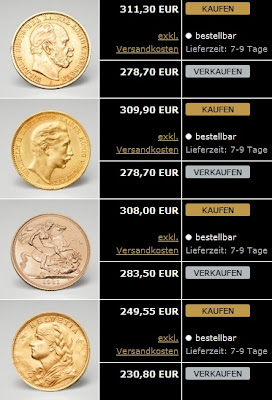So, let's recap:
- Mainstream media report that unemployment is not a problem for 75% of Spaniads. It is neither a problem for 45% of young people (16-25 years).
- Public transport has risen twice year-to-date and is poised for a third one tomorrow.
- Gas, electricity and water have risen.
- Tuition has risen in a system that has no institution ranking amongst the 100 best ones. The price for one academic year is 2000 EUR.
- While ordinary Spaniards cope with harsh austerity, recession and soaring unemployment, the Spanish king enjoyed a safari and ended up with expensive hip surgery.
- The king's grandson, Foilan, shot himself on his foot while illegally handling a gun with his father and had to be taken to the hospital.
- The king's son in law, Urdangarin, was accused of laundering public money in tax havens.
Still not happy with the summary above? Zerohedge reports that Egan Jones Cuts Spain For Second Time In Two Weeks, From BBB- To BB+. On top of that, "assets of Spain's largest two banks exceed its GDP". Now, how on earth can the balance sheet of two banks be larger than the economy supporting those two banks?
Dan D. is also commenting on the Spanish situation. He correctly states that "Greece was literally a day at the spa for what is about to hit Europe". I put a comment there that I reproduce here for convenience:
Luigi DraghiApr 30, 2012 01:37 PMI believe their way out is creating a southern euro and a mechanism for foreign investors to cover internal devaluation for their investments. They NEED to steal wealth, and the way out is making people pay sovereign and bank debt via inflation and taxation.
The Spanish government passed a law which makes foreign current/savings/brokerage account disclosure mandatory for Spaniards. Failure to report foreign accounts leads to 5000 EUR per non-reported account. That tells me the EU has already made its mind about some Plan B (or C or D...) in which southern countries will be insulated without (de iure) expelling them from the monetary union. With this new law and the new southern euro, foreign accounts could be taxed as capital gains.
I already wrote about this ( http://federalreverse.blogspot.com/2012/04/spanish-corralito.html )At this juncture, no European government is safe for investing. However, even if investors are forced to take haircuts, the real smash will be felt by the population. If you are European, especially if you are Spanish, know that your taxes are collateral for your banks.













